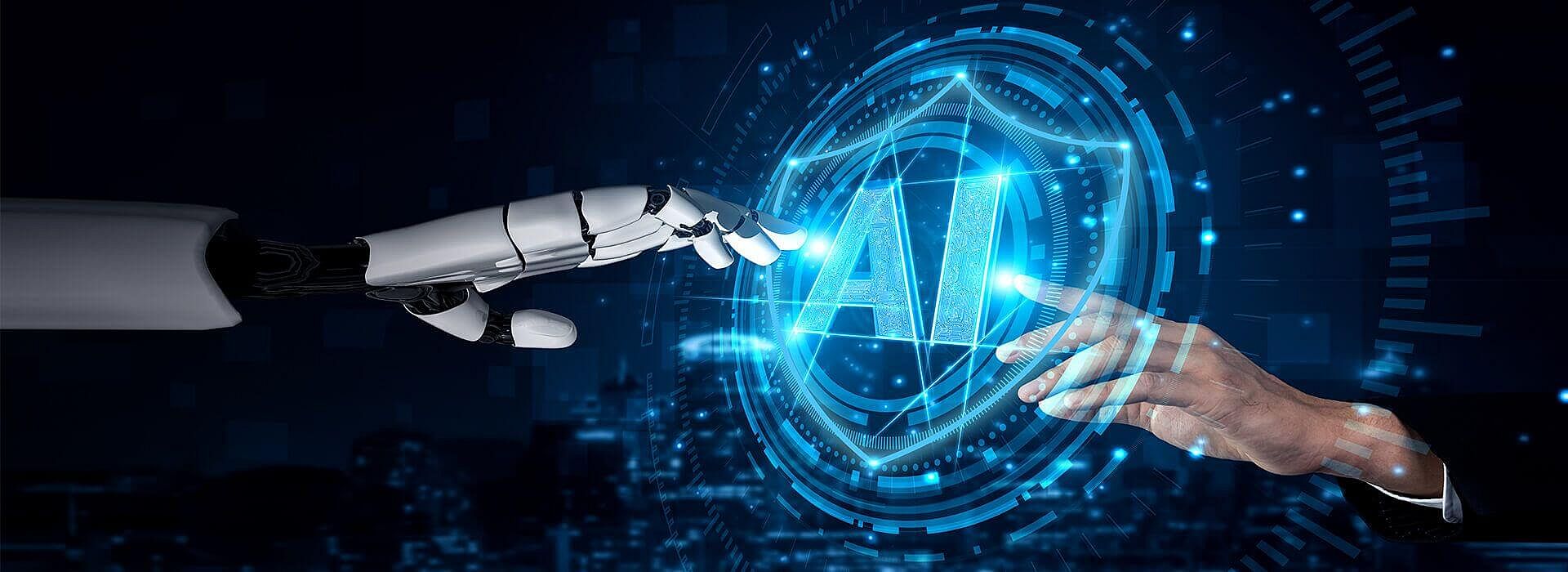
Quality becomes verifiable
Artificial intelligence (AI) is considered the key technology of the future across all industries. AI boasts enormous long-term potential to change society, industry and human coexistence. Norms and standards are the best prerequisite for this development, because they offer transparency, explainability and quality and in this way ensure the immense innovative power of AI technology.
In order to continue to ideally prepare the ground for AI in Germany, fortiss worked together with the German Commission for Electrical, Electronic and Information Technology (DKE) to develop the VDE-AR-E 2842-61 standard “Design and Trustworthiness of Autonomous/Cognitive Systems” within the DKE/AK 801.0.8 standards committee. The new standard will provide especially small-to-medium-sized enterprises a reliable and innovation-accelerating framework, which will make globally-competitive, AI-based solutions and products possible in the first place while conforming to European values.
AI is increasingly being used in a new generation of products and services that have autonomously responding machines and controls as their foundation. These include safety-critical systems such as autonomous driving, medical technology, intelligent factories and applications in the energy industry. Especially in these fields of application, AI must be exceptionally reliable and safe.
To strengthen trust in this technology, existing and future AI systems must be validated. Norms and standards offer the best conditions for being able to verify safety, reliability and transparency. This involves not only process and system optimization. On the contrary, mastering these technologies will be crucial to the future competitiveness of industry and acceptance by society.
AI is an issue with many unknowns. To date, the research industry has no insights into how a neural network arrives at its learned behavior and inner knowledge as an example. From today’s perspective, a standard cannot safeguard AI against every error or malfunction, but it can steer the development of such systems along structured paths. Here there are very close parallels to software engineering, which has exact specifications regarding how good the software has to be developed.
For AI, a verifiably correct design has still been difficult to date. And this is exactly where the new AI safety standard comes into play with its special focus on structured development. In application rule for each of development, fortiss put together which methods and measures are to be considered. Developers then select the relevant aspects for their projects and justify their decision for the respective alternative.
The VDE-AR-E 2842-61 application rule pursues the goal of preparing the ground for a structured development of binding, verifiably safe AI. On this basis, industry and consumers can have the same level of trust in AI systems as they do in existing hardware and software solutions. The VDE-AR-E 2842-61 standard is a significant and visionary step, because as the first norm in this area, it is attracting international attention with its technical depth and will be rolled-out worldwide, especially in heavily industrialized countries in Asia.
The standard also offers providers who are just now developing new products or who are already on the market, the opportunity to take missing aspects into account or optimize an existing system.
Over the long term, the ideas summarized in the standard can also serve as the basis for test specifications, which the VDE/DKE, TÜV or the FDA can use to verify if a system is trustworthy. The norm will be continually improved and enhanced based on practical applications and experience, also to ensure the most simple and best possible use by small-to-medium-sized enterprises
The German Commission for Electrical, Electronic and Information Technology (DKE) is an organization within the Association for Electrical, Electronic & Information Technologies (VDE) and also a standards committee within the German Institute for Standardization (DIN). The DKE is the national and internationally recognized platform for electrotechnical standards in Germany, in which fortiss has been active in the standardizations process for many years.
As a center of competence for electrotechnical standards, DKE represents German interests within the European and international standards organizations. Together with the DKE, experts from industry, various organizations, the public administration sector and science, develop norms and standards that ensure the safety and reliability of electrotechnical products and systems.